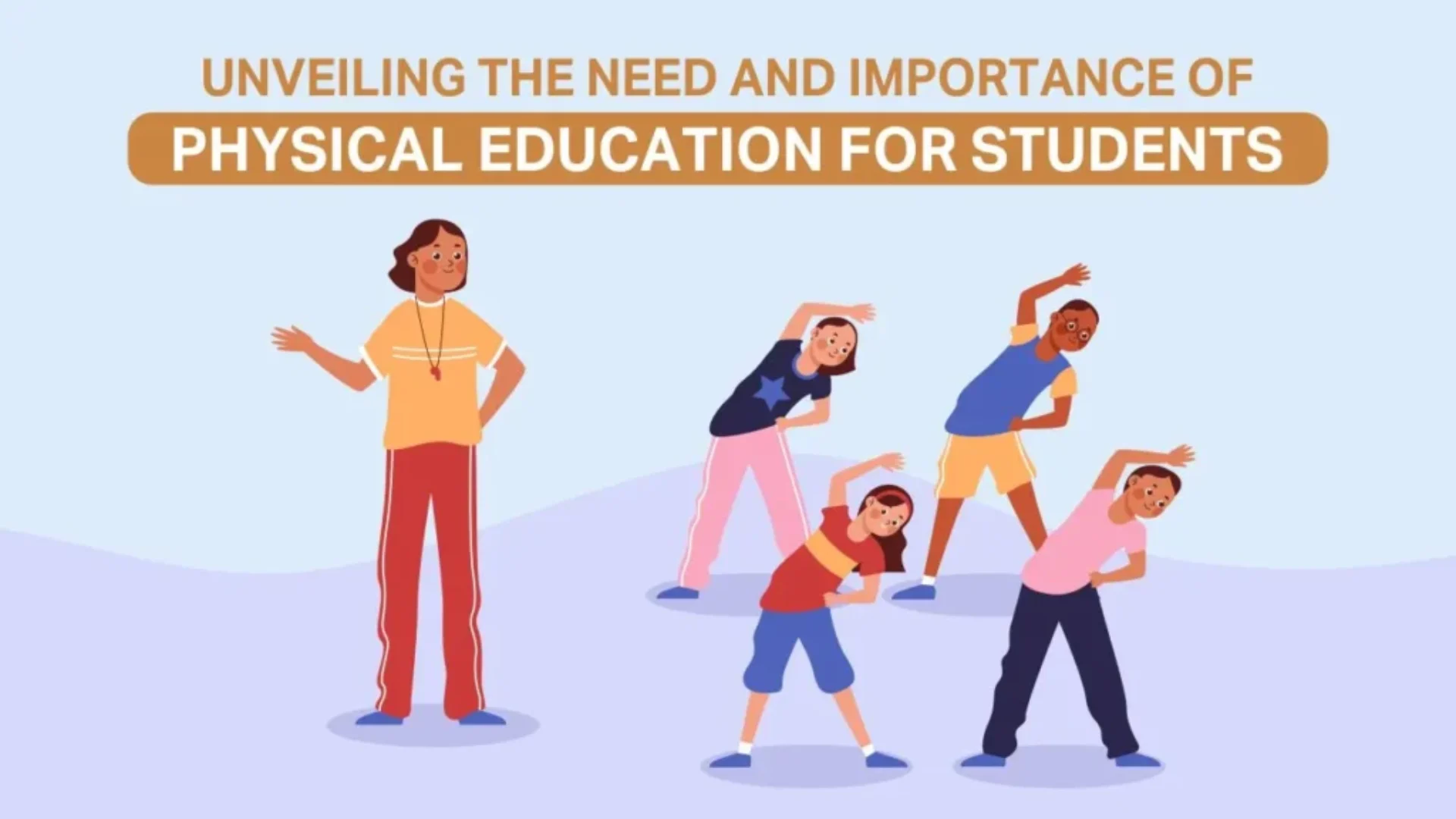
Physical education (PE) plays a vital role in the overall development of children and adolescents. It goes beyond just promoting physical fitness; it fosters healthy habits, social skills, and a positive attitude towards physical activity.
Benefits of Physical Education
- Physical Health: Regular physical activity helps children maintain a healthy weight, build strong bones and muscles, and reduce the risk of chronic diseases such as heart disease, diabetes, and obesity.
- Cognitive Development: Physical activity has been shown to improve cognitive function, including memory, attention, and problem-solving skills.
- Social Skills: PE provides opportunities for children to develop social skills, such as teamwork, cooperation, leadership, and sportsmanship.
- Emotional Well-being: Physical activity can boost mood, reduce stress, and improve self-esteem.
- Healthy Habits: PE can help children develop healthy habits, such as eating nutritious foods and getting enough sleep.
Key Components of Physical Education
- Fitness Activities: PE programs should include a variety of fitness activities, such as cardiovascular exercise, strength training, and flexibility exercises.
- Sports and Games: Engaging in sports and games can help children develop athletic skills, learn teamwork, and have fun.
- Dance: Dance can improve coordination, rhythm, and body awareness.
- Outdoor Activities: Spending time outdoors can provide opportunities for physical activity, fresh air, and connection with nature.
Challenges and Opportunities
- Lack of Funding: Many schools face challenges due to budget cuts, leading to reduced PE programs or lack of resources.
- Lack of Qualified Teachers: A shortage of qualified PE teachers can impact the quality of instruction.
- Sedentary Lifestyles: Increasingly sedentary lifestyles among children can contribute to health problems.
Despite these challenges, there are opportunities to promote physical education:
- Advocacy: Raising awareness about the importance of PE and advocating for increased funding can help ensure that schools prioritize physical activity.
- Innovative Programs: Schools can implement innovative PE programs that are engaging and relevant to students’ interests.
- Community Partnerships: Collaborating with community organizations can provide additional opportunities for physical activity and sports.
Physical education is an essential component of a well-rounded education. By promoting physical fitness, social skills, and emotional well-being, PE can help children develop into healthy, happy, and successful individuals.

